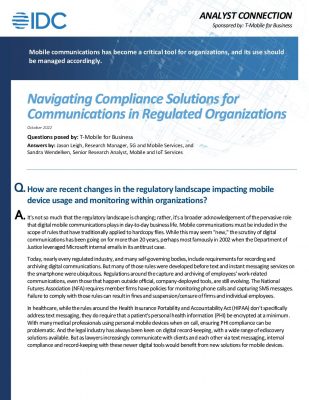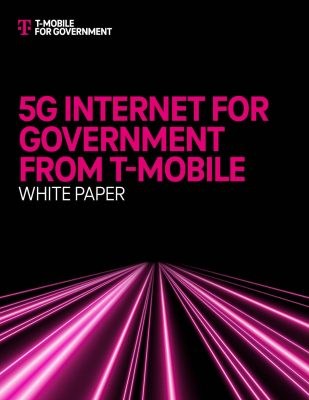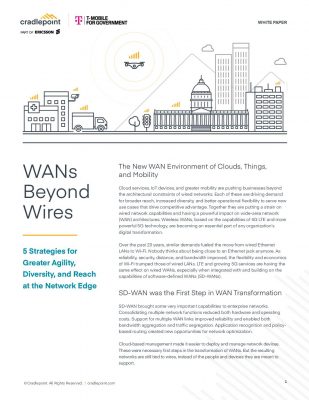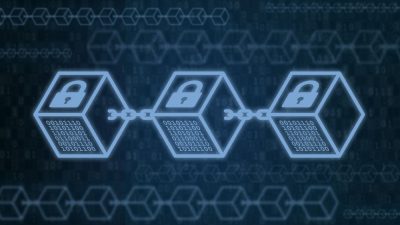Highlights:
- The business is creating the decentralized autonomous wireless network (DAWN) protocol, allowing users to sell surplus internet capacity to providers.
- Andrena claims that the high construction and maintenance costs associated with running copper cables and fiber optics account for the high cost of traditional internet service providers.
Andrena raised USD 18 million in the initial funding round. The high-speed Wi-Fi internet provider aims to develop a decentralized broadband protocol.
Dragonfly Capital led the longer Series A round. Additionally, CMT Digital, Castle Island Ventures, Wintermute Ventures, 6th Man Ventures, and ParaFi invested in it. With this new funding, the company has raised a total of USD 38 million, including the USD 15 million Series A round that Dragonfly led and disclosed last year.
The business is developing the decentralized autonomous wireless network (DAWN) protocol, allowing users to sell surplus internet capacity to providers. Its foundation is decentralized physical infrastructure networking, or DePIN, which offers mesh internet connectivity without needing a centralized provider by utilizing a network of wireless base stations affixed to rooftops.
DePIN leverages blockchain technology and physical infrastructure for token rewards, saving users from having to buy their own hardware.
Andrena claims that the high construction and maintenance costs associated with running copper cables and fiber optics account for the high cost of traditional internet service providers. Wireless technology lowers these expenses, but DAWN goes one step further by enabling participation from all network members.
Neil Chatterjee, Co-founder of DAWN and Andrena said, “DAWN aims to do to the internet what solar panels did to electricity. The same way consumers own and generate their own utility and sell their excess back to the grid, there is now an opportunity to do the same with wireless home and business internet.”
Hundreds of houses are currently connected to the company’s internet service in ten U.S. states, including New Jersey, New York, Texas, Florida, Pennsylvania, and Tennessee. The company stated that to start leveraging blockchain token incentives, it plans to progressively migrate its current client base to the new DAWN system.
Customers will be able to buy DAWN tokens through a mobile app, trade them for network internet speed, and use the app to make their purchases. The network has also released a Chrome browser extension, enabling anyone in the world to sign up as a validator. It enables users to contribute to the network’s security by supplying processing power. Customers can earn rewarding tokens for staying connected to the DAWN network by referring friends and involving as a validator.
According to Andrena, the additional cash will help the company maintain its subscriber growth while completing the DAWN protocol. The project has no set launch date and is presently in the testnet stage on the Solana blockchain.
The company states that upon launch, over three million households will be covered by DAWN’s wireless network, and it is ambitious to increase that number. The company plans to expand worldwide in the future, even though the initial rollout will be concentrated in the U.S.






































































